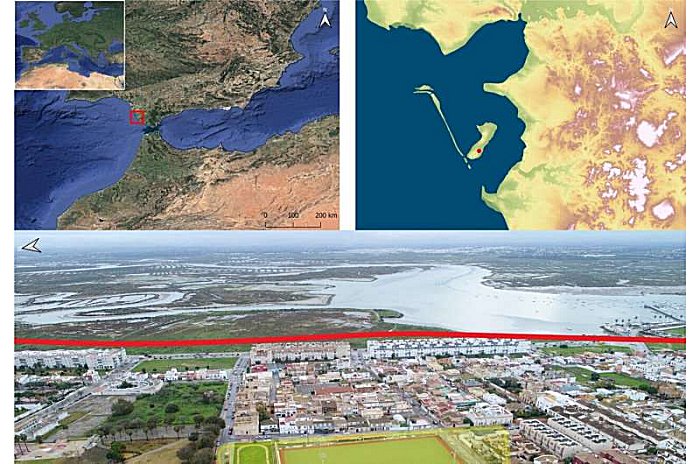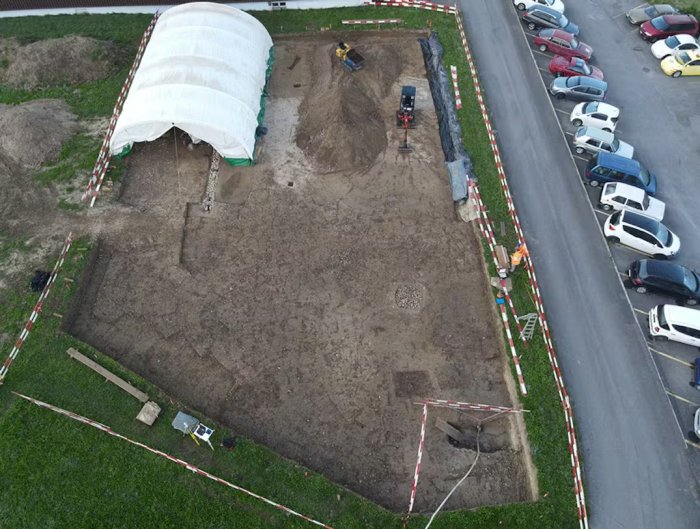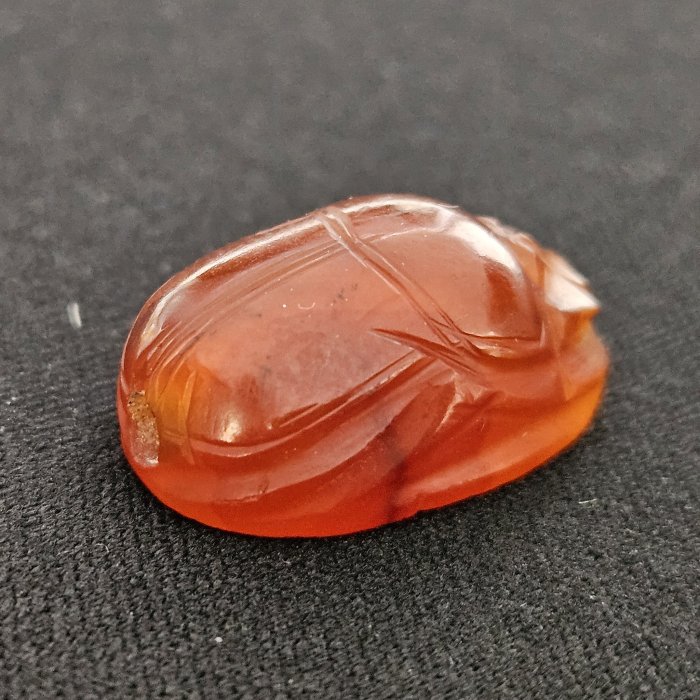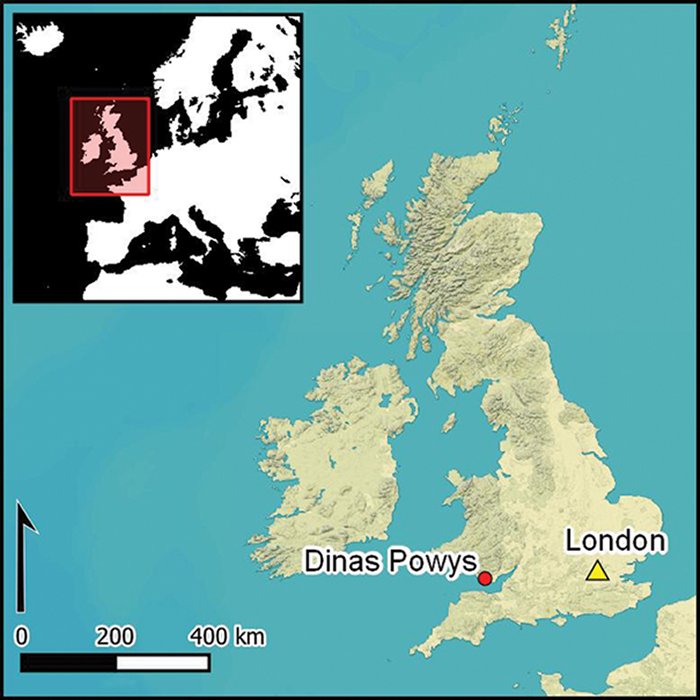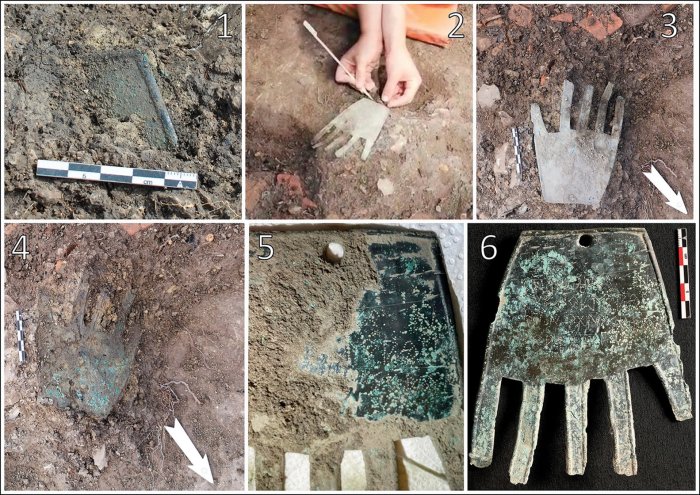Jan Bartek – AncientPages.com – Back in February 2016, two divers stumbled upon the remains of a Roman shipwreck near Caesarea Maritima, Israel.
A powerful storm had swept away the sand, revealing this hidden treasure. This was a rare peek into an untouched piece of history, believed to date back to the early 4th century CE.
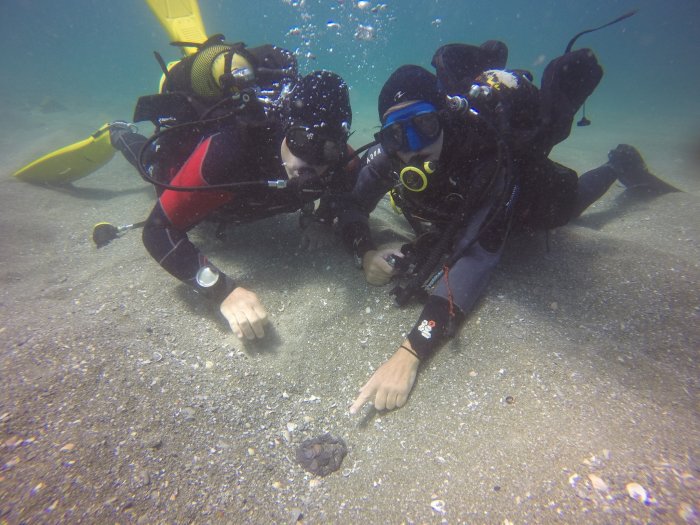
Credit: Israel Antiquities Authority
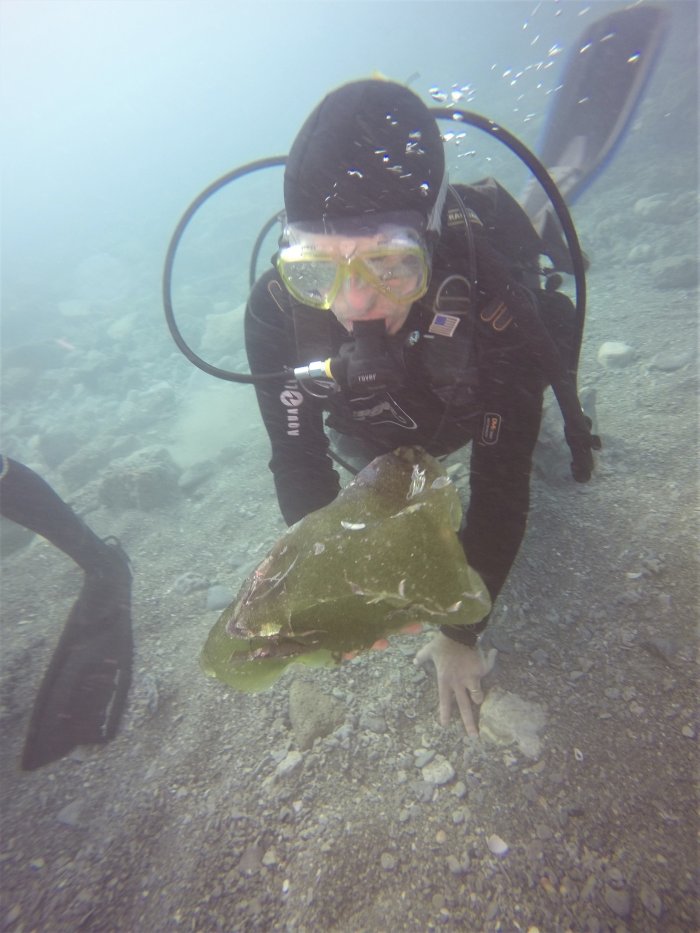
Credit: Israel Antiquities Authority
Israel Antiquities Authority reports, “the cargo recovered from the site was fascinating. It included scrap metal, chunks of raw glᴀss, and even a lead brazier and tray, similar to today’s ovens, suggesting they were used for cooking.
Back then, sailors had to figure out how to light fires in the ship’s galley without causing damage.
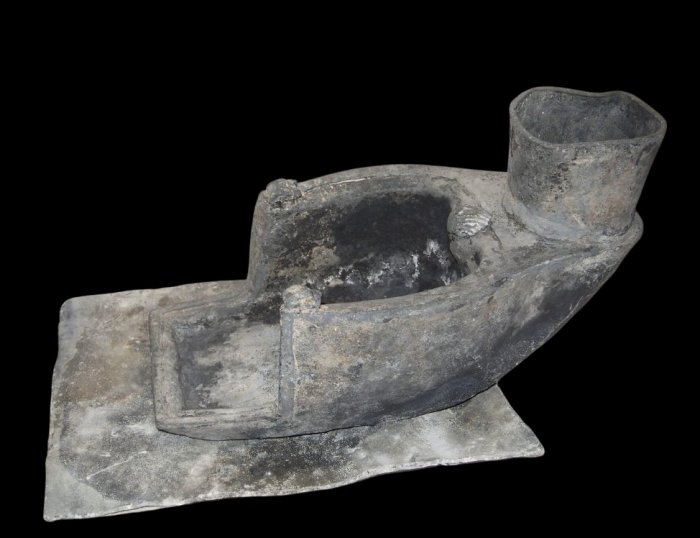
Credit: Israel Antiquities Authority
The discovery of clay vessels with soot in certain ships indicates that these vessels might have had something like a kitchen on board. They likely used different kinds of ovens to heat water and cook meals during their journeys.”
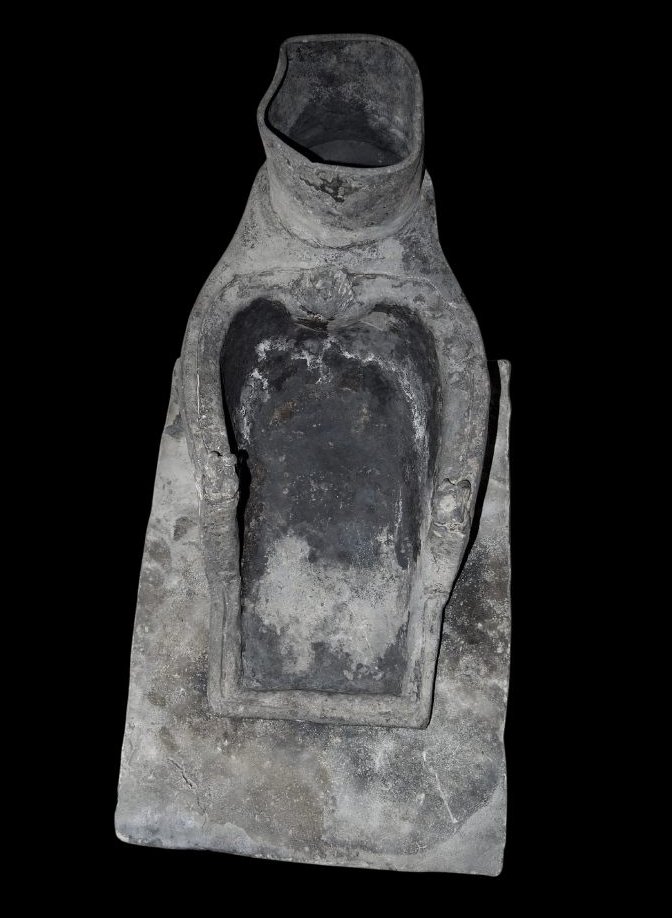
Credit: Israel Antiquities Authority
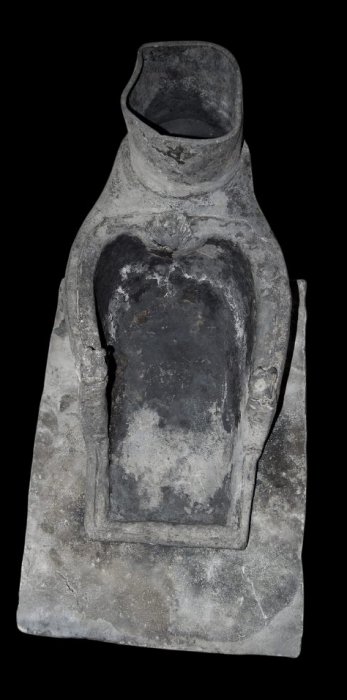
Credit: Israel Antiquities Authority
This discovery also featured the country’s earliest dated oven find, accompanied by a lead tray that was used to prevent embers from escaping and endangering the ship. Fire has always been a major risk at sea, both then and now.
This find provides a fascinating insight into the challenges and lives of ancient sailors, their cooking methods, and the risks they faced.
See also: More Archaeology News
It directly connects to our maritime past and reminds us of how history lives beneath the waves.
Written by Jan Bartek – AncientPages.com Staff Writer
